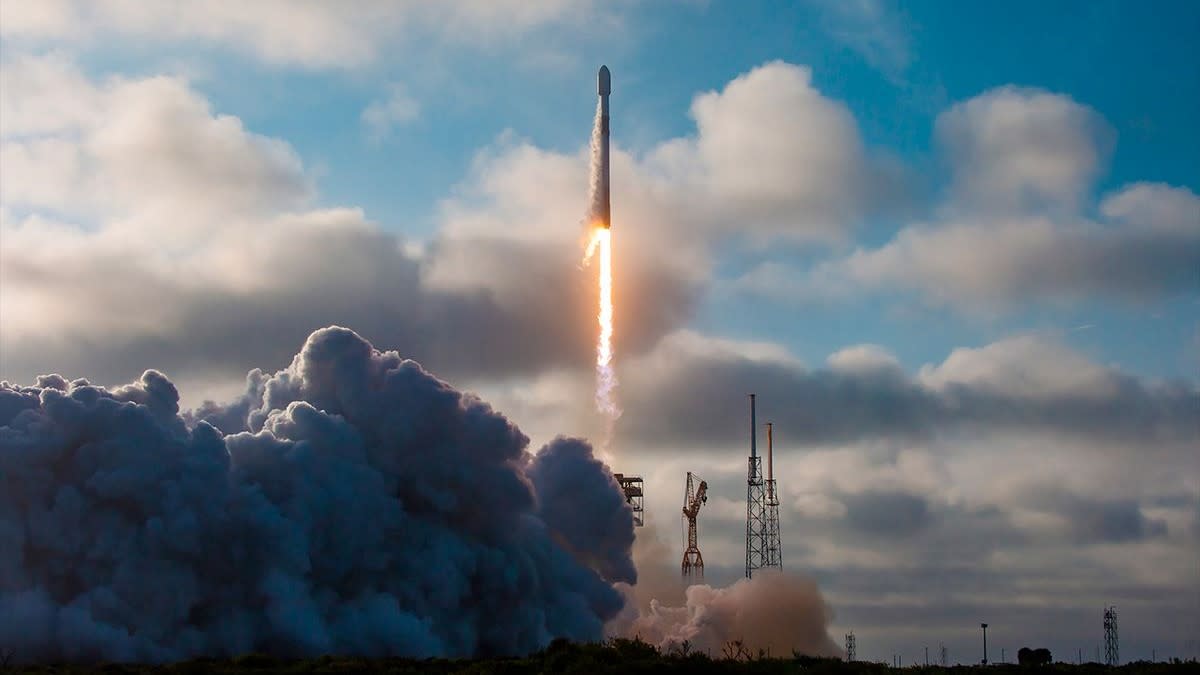Satellite operator SES acquiring Intelsat in $3.1 billion deal

SES plans to buy fellow satellite operator Intelsat, in a deal that could help the combined company compete with SpaceX's huge Starlink broadband network.
Luxembourg-based SES is acquiring Virginia-based multinational Intelsat for $3.1 billion in a deal that's expected to close next year, the two companies announced today (April 30).
"In a fast-moving and competitive satellite communication industry, this transaction expands our multi-orbit space network, spectrum portfolio, ground infrastructure around the world, go-to-market capabilities, managed service solutions and financial profile," SES CEO Adel Al-Saleh said in a statement.
"I am excited by the opportunity to bring together our two companies and augment SES's own knowledge base with the added experience, expertise and customer focus of the Intelsat colleagues," Al-Saleh added.
Related: Four new satellites ride into space to join growing SES constellation
SES and Intelsat both operate communications satellites in geostationary orbit, which lies 22,236 miles (35,785 kilometers) above Earth. SES also runs a constellation called O3b in medium Earth orbit, at an altitude of about 5,000 miles (8,000 km).
As Al-Saleh noted, there is increasingly fierce competition for the services provided by these satellites — for example, from SpaceX's Starlink megaconstellation in low Earth orbit.
Starlink currently consists of more than 5,800 active satellites, and it's growing all the time; SpaceX has already launched 28 batches of Starlink spacecraft this year and has many others on tap.
RELATED STORIES:
— SpaceX launches Intelsat satellite with NASA Earth-observation experiment, lands rocket
— Starlink satellites: Facts, tracking and impact on astronomy
— Amazon's Kuiper satellite constellation will use these sleek antennas to serve you internet
And other LEO megaconstellations are in the works as well. For instance, Amazon launched the first two prototypes for its planned 3,200-satellite Project Kuiper network this past October.
"By combining our financial strength and world-class team with that of SES, we create a more competitive, growth-oriented solutions provider in an industry going through disruptive change," Intelsat CEO David Wajsgras said in the same statment.
"The combined company will be positioned to meet customers' needs around the world and exceed their expectations," he added.

